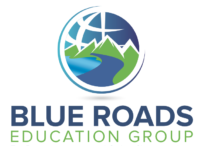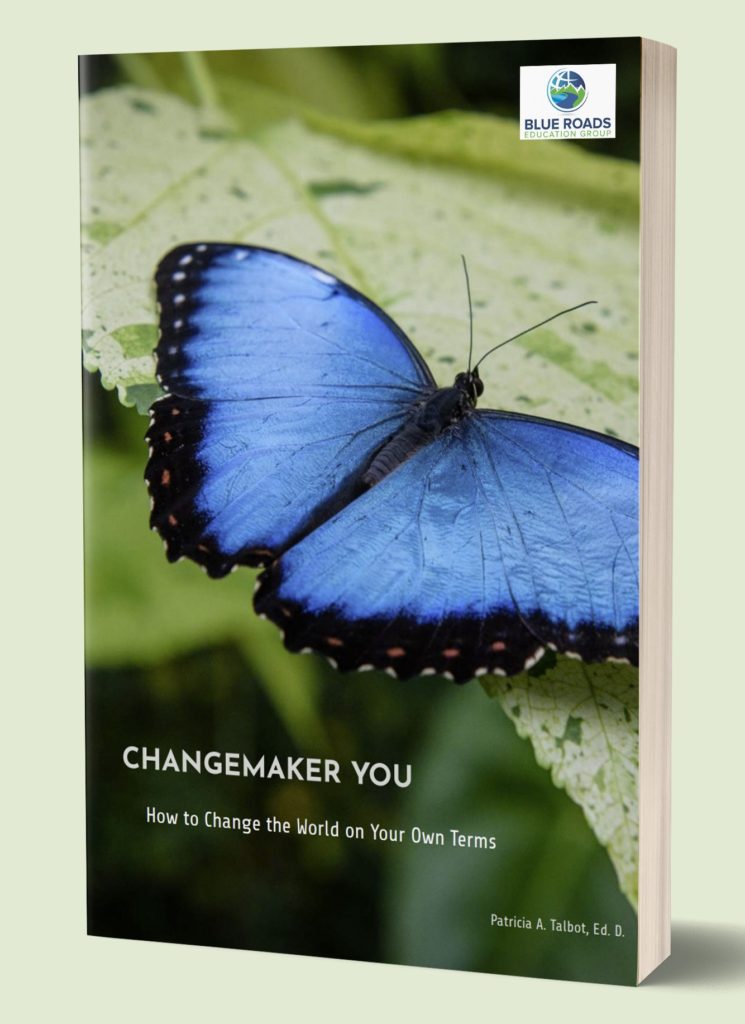
The Big C
You've probably seen an emphasis in education on words that start with “C”. The first framework I saw emphasizing “c-words” was back in the early 90’s when I was first exposed to the seminal work of Canadian educational change scholar, Dr. Michael Fullan.
Fullan posited the need to emphasize priorities like citizenship, creativity, character education, communication, critical thinking and collaboration for the 21st century which, at the time, was still in front of us. In the 30 + years since, we find ourselves well into the new century living with the predicted societal changes requiring these “c-skills” yet very little change has come to the system of schooling charged with teaching them. In fact, some would say we seem to have doubled down on a standardized curriculum and high stakes testing that sorts people rather than inspiring every individual to be all they might be in a changing world that requires less specific knowledge and more ability to gather, assess and use available information to solve problems in collaboration with diverse others.
The current system largely ignores the recommendations of Fullan and others who illustrated repeatedly the need for more student centered and inquiry based methods that engage learners in doing real work for the real world, the kind of work that nurtures “c-skills” through direct application and practice.
Thankfully, school divisions across the country are engaging in collaborative stakeholder processes to develop what EdLeader21 calls “Portraits of a Graduate” and my home state of Virginia calls its “Profile of a Graduate”. The profiles and portraits that come out of the months-long systemwide endeavor invariably point again to similar “c-skills,” sometimes adding all-important “cultural competencies” among the list of essentials for graduates moving to work, college, service, citizenship and life responsibilities. These c-skills are necessary to be ready: college ready, career ready, life ready and world ready.
At Blue Roads we place special emphasis on the idea of creating world-ready citizens because it seems like the one readiness factor that remains most overlooked. We know that cultural understanding is a biggie because we cannot possibly have a healthy, vibrant, functioning society in the third decade of the 21st century without it. We simply must be able to interact to solve the world’s problems with people different from ourselves who bring skills, experiences and perspectives we desperately need to the table.
In order to develop c-skills, we must make the “big C” happen. The big C is CHANGE. Of course, a lot of people talk about change. We know it’s important. We also know change can be uncomfortable. We sometimes wish we didn’t have to do it and we often wish someone else would do it for us.
Nevertheless, there are four absolute truths:
- Something must change if we plan to consistently produce citizens with c-skills.
- Someone is going to have to make that change happen.
- It takes changemakers to make change happen.
- It takes changemakers to create changemakers.
So how do we become changemakers? That will be the next blog topic. I hope you’ll tune in.
Always learning! Always changing!
Patti Talbot


